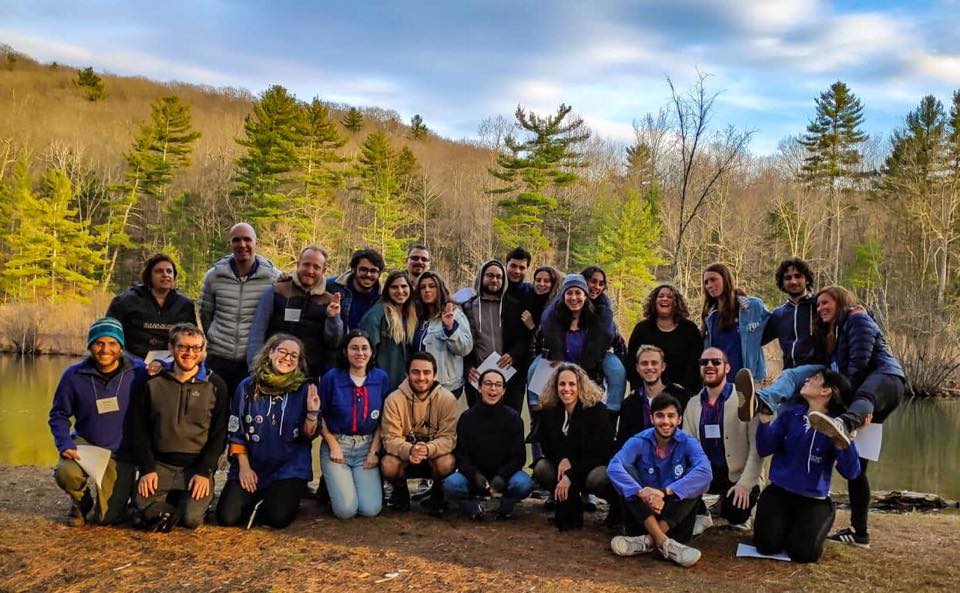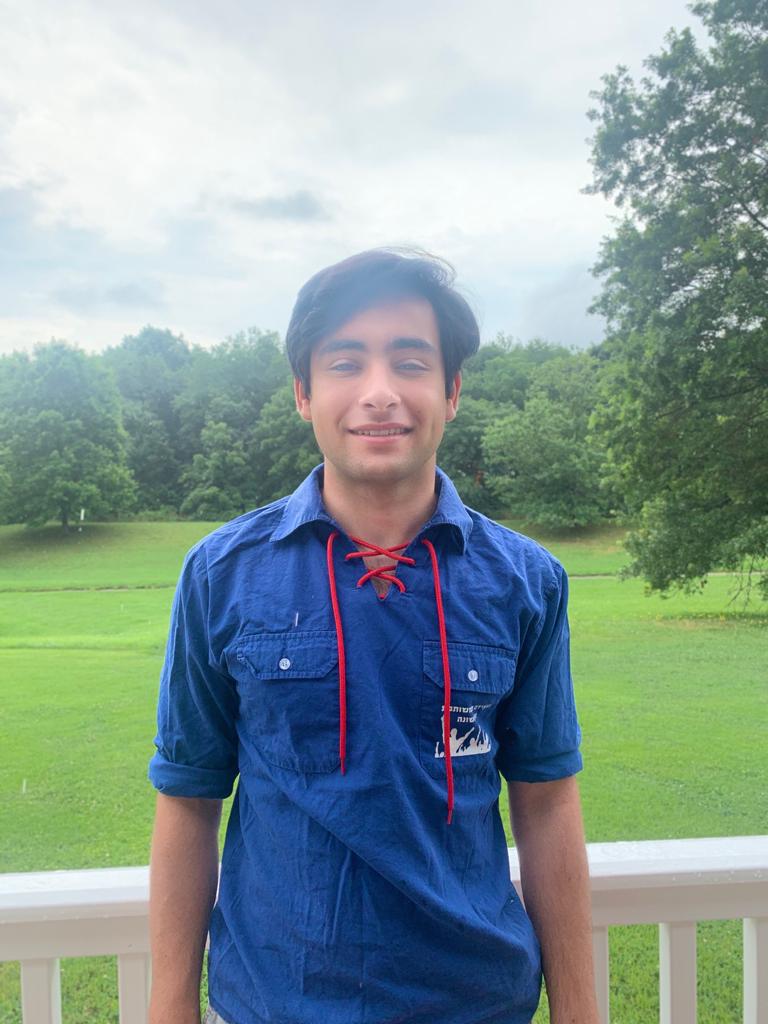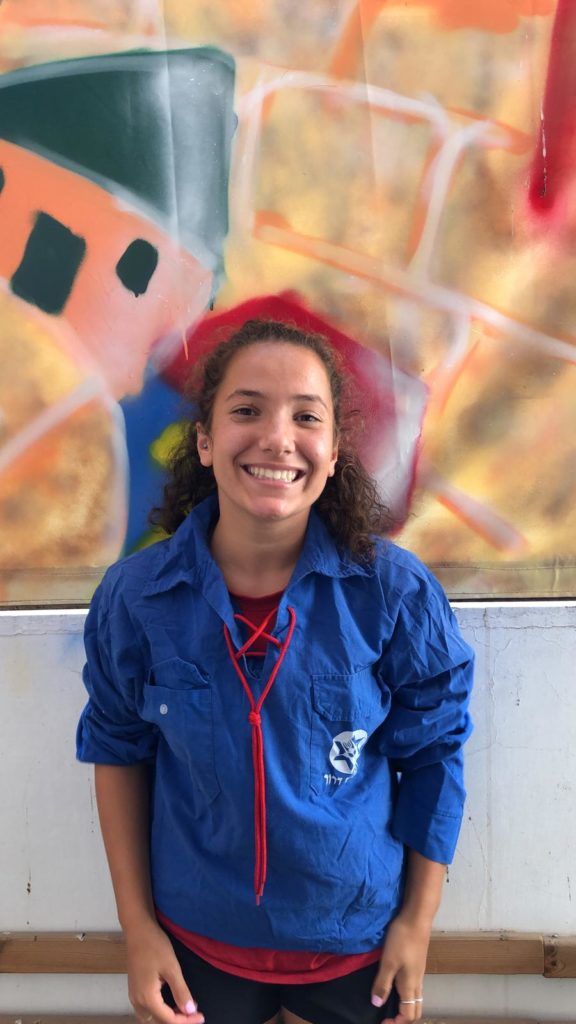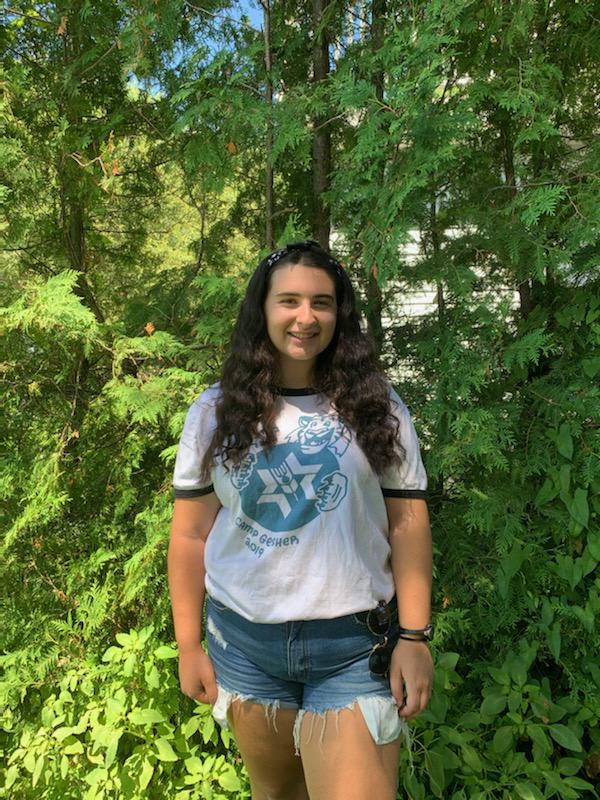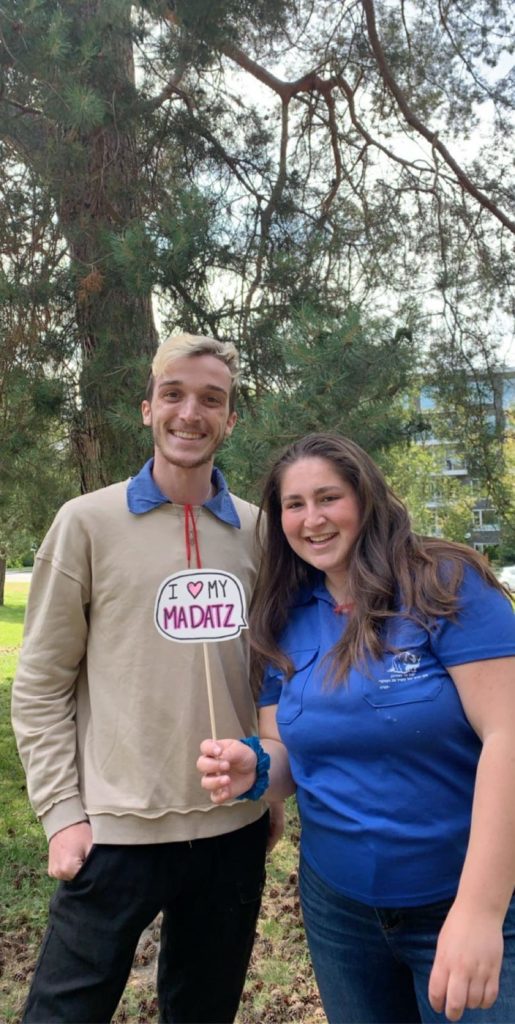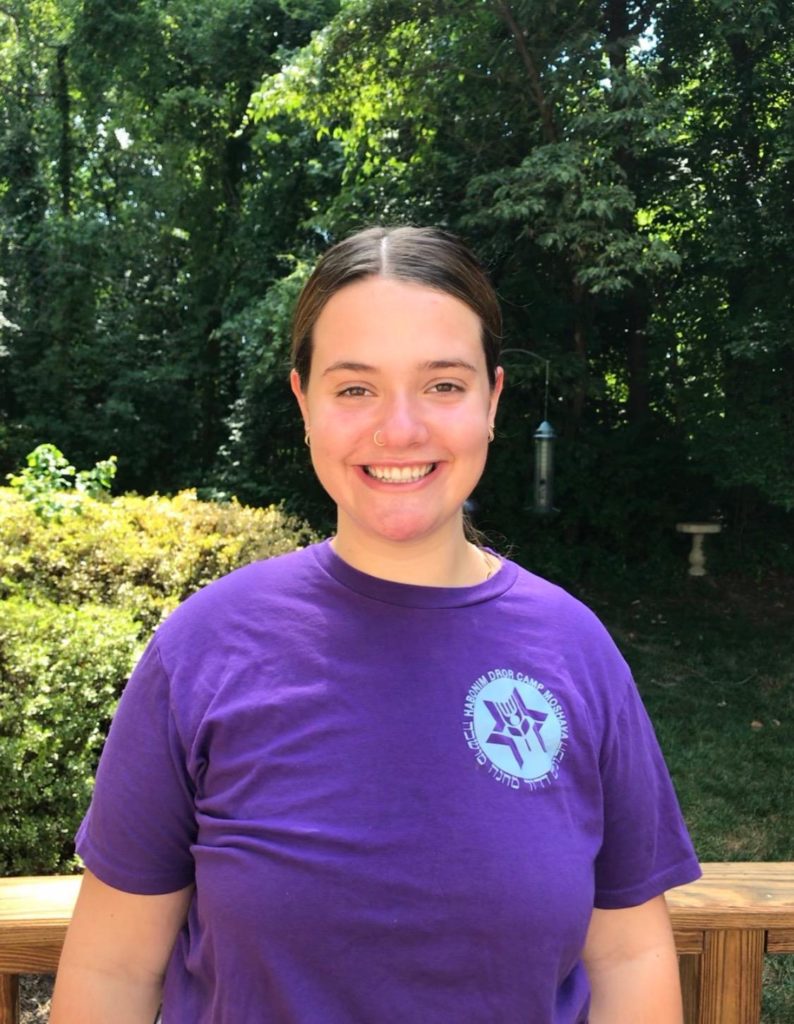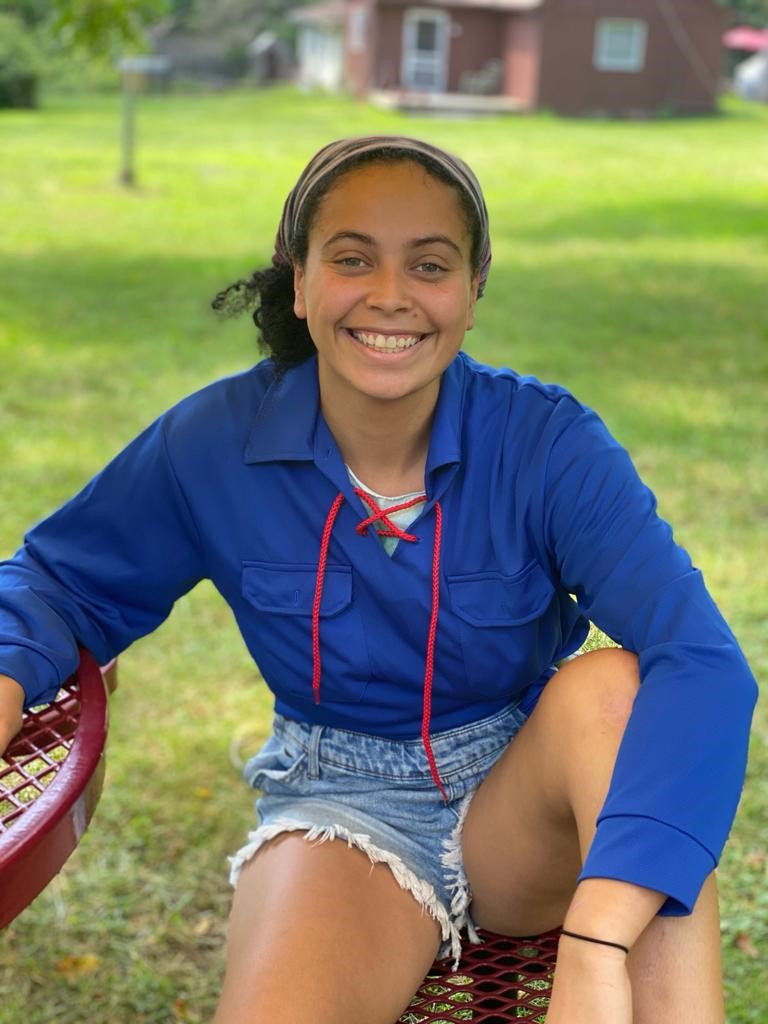Liz Raider, bogeret (graduate) of Habonim from Workshop 8 and former president of NA’AMAT USA, shared her reflections about how her time in Habonim has influenced her life and work.
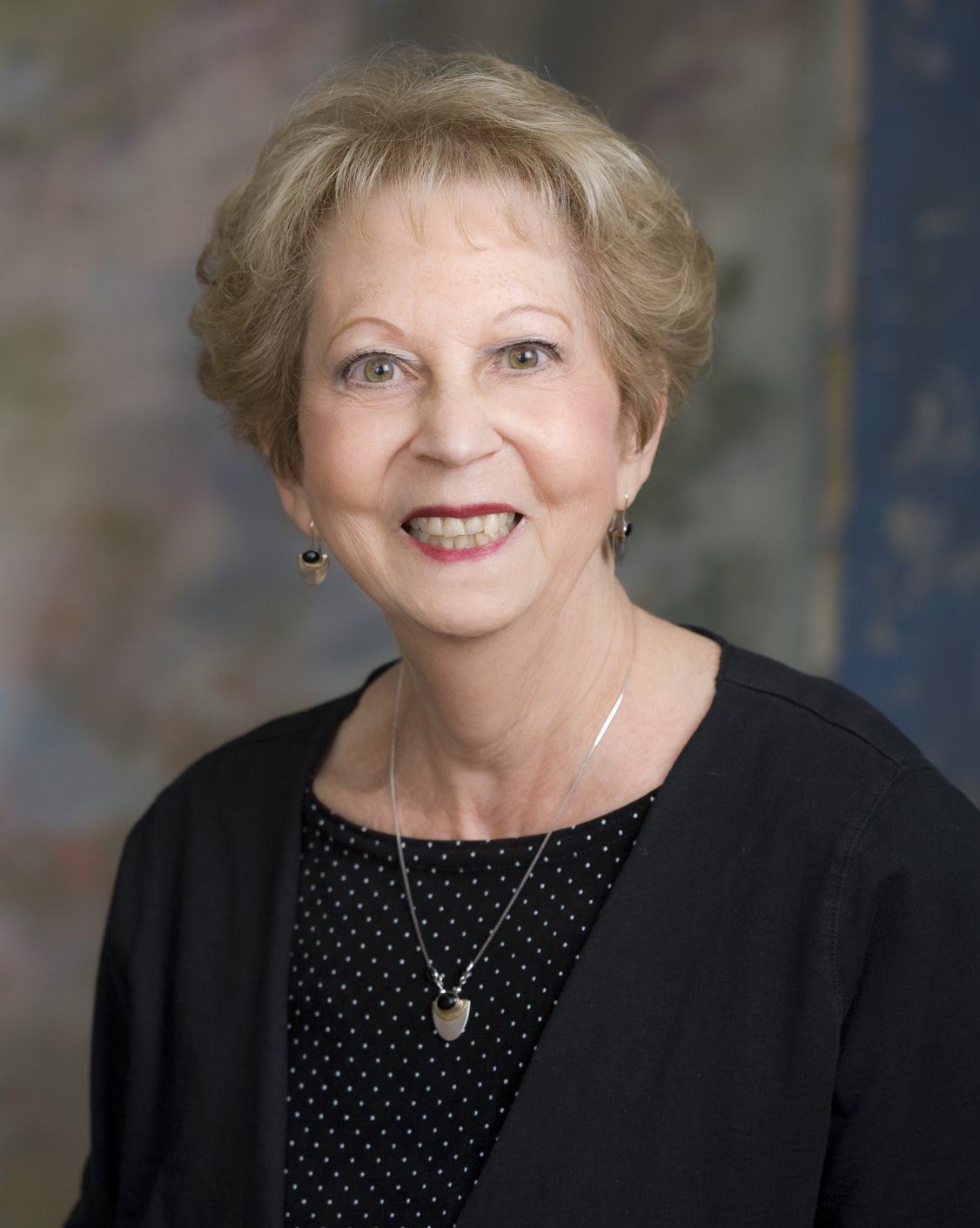
I was recently asked what were some of the most outstanding events during my time on the 8th Habonim Workshop (year program in Israel). This was not a simple question as Israel was so “new” in 1958 – and I thought about the excitement and pride of sitting on a rooftop in Tel Aviv and watching the National 10th Anniversary Parade of the State of Israel, and the opportunity to meet Ben Gurion in person as he was taking his morning walk in the Negev – the reality of a dream come true.
Joining Habonim was a major factor in setting me on a path that has influenced my life in many ways, including my long-time membership in NA’AMAT USA and the Labor Zionist movement.
I met my husband Dave in Cleveland Habonim, we were on the 8th Workshop together and we still maintain very close ties with many of these Workshop friends (“our chevra”) and other Habonim members from all over the USA and Canada.
Our three children were all active in Habonim as campers and counselors.
Mark was 12 when a friend invited him to a Habonim camp weekend, and soon Danny and Lani became campers at Gilboa. Throughout their junior and senior high school years they all actively participated in local meetings, activities and seminars.
Those years were defining moments for all of them as they spent great summers at Camp Gilboa, learning about Habonim through communal work, sharing, and discussions about Israel, while forming lasting personal friendships.
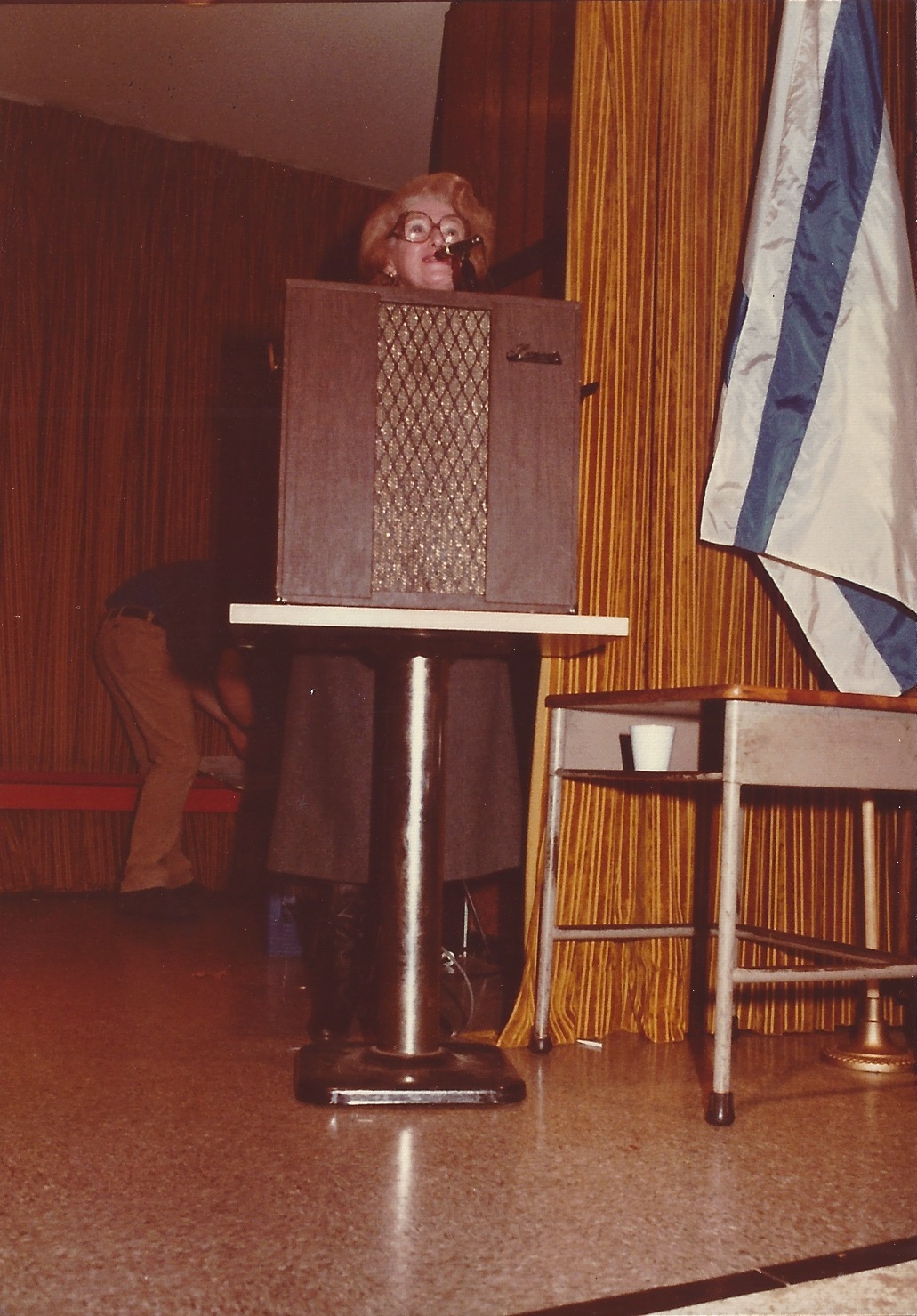
Betty Rath, president of Detroit Pioneer Women, addressing the 33rd Veida of Ichud Habonim in December of 1978.
Our house was always a gathering place for Habonim and NA’AMAT USA, with much of our lives revolving around support for the 2 organizations. During the school year, the many local LA activities of Habonim, the preparations for the annual Habonim play/musical production (Neshef,) and getting Camp Gilboa ready for the summer camp season were major events.
Then came their own Workshop experiences: Mark (31st Workshop, 1981-82, Kibbutz Urim), Danny (33rd Workshop, 1983-84, Kibbutz Gesher Haziv) and Lani (35th Workshop, 1985-86, Kibbutz Gezer). Mark was very involved in LA activities and other Habonim camps in the early ‘80s, and took time off from his university studies to become the North American Mazkir (Director) for Habonim Dror in the late 1980s.
Fortunately, Dave and I and our kids have all visited Israel many times, including the experiences of other numerous long-term stays, affording us the opportunity to see Israel evolve into a dynamic country and to know that we all had a part in working towards this goal. For all of us, our active involvement with Habonim Dror still remains a basic focal point in defining a connection with the American Jewish community and Israel.
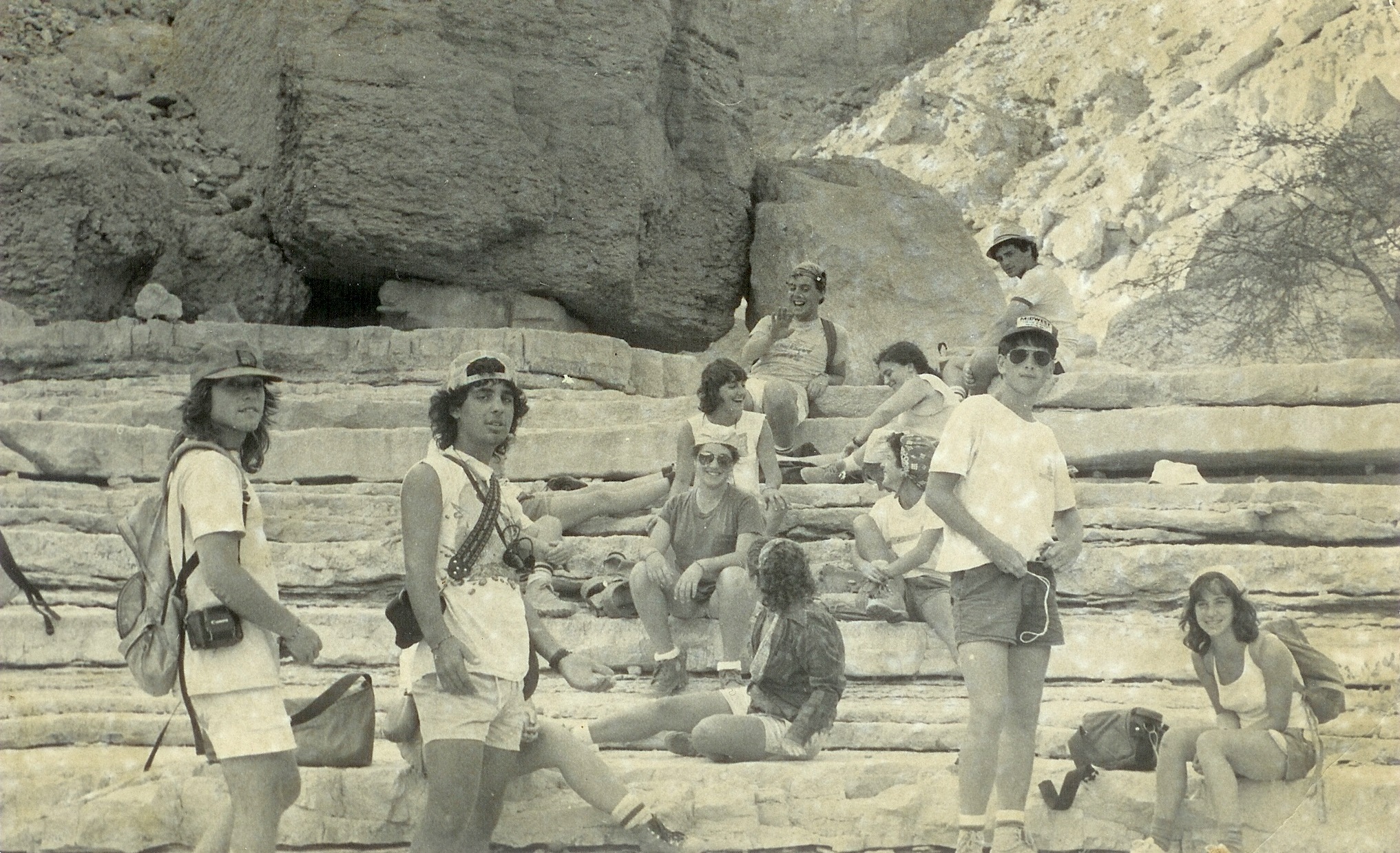
Lani Raider on a tiyul on Workshop 35 (Kibbutz Gezer, 1985-1986)
NA’AMAT USA, originally known as “Pioneer Women”, was founded in 1925, and was the basis for the senior movement support for Habonim, with many of our members active on both levels. The Los Angeles and San Fernando Valley Councils of Pioneer Women/NA’AMAT USA were staunch supporters of Habonim activities, lending financial and moral support to the annual Habonim Neshef, encouraging summer camp enrollment and volunteering for work weekends at Gilboa. Habonim’s dance group was featured in numerous Pioneer Women/NA’AMAT events.
From 2010-2016 I served as the National President of NA’AMAT USA, the American “arm” of NA’AMAT Israel. We are a worldwide movement with nine other countries, ensuring the dream of continuing to build a strong and secure Israel through our efforts of creating a myriad of social services: day care centers, community centers, youth villages for education and training, scholarship programs for advanced education for women, and family counseling. We are known as the “go-to place” in Israel, with NA’AMAT as the largest provider of social services after the Israeli government. We work in tandem with NA’AMAT Israel to maintain a network that reaches every level of Israeli society.
Habonim Dror and NA’AMAT USA have been partners in both the United States and Israel in promoting the goals and ideals for the continuity of building a progressive and growing network for a new generation of “builders and dreamers”. This is a bond that remains a unifying and important effort in realizing our mutual efforts to sustain a strong connection with Israel and a commitment to ensure that future generations will experience our unique legacy.
